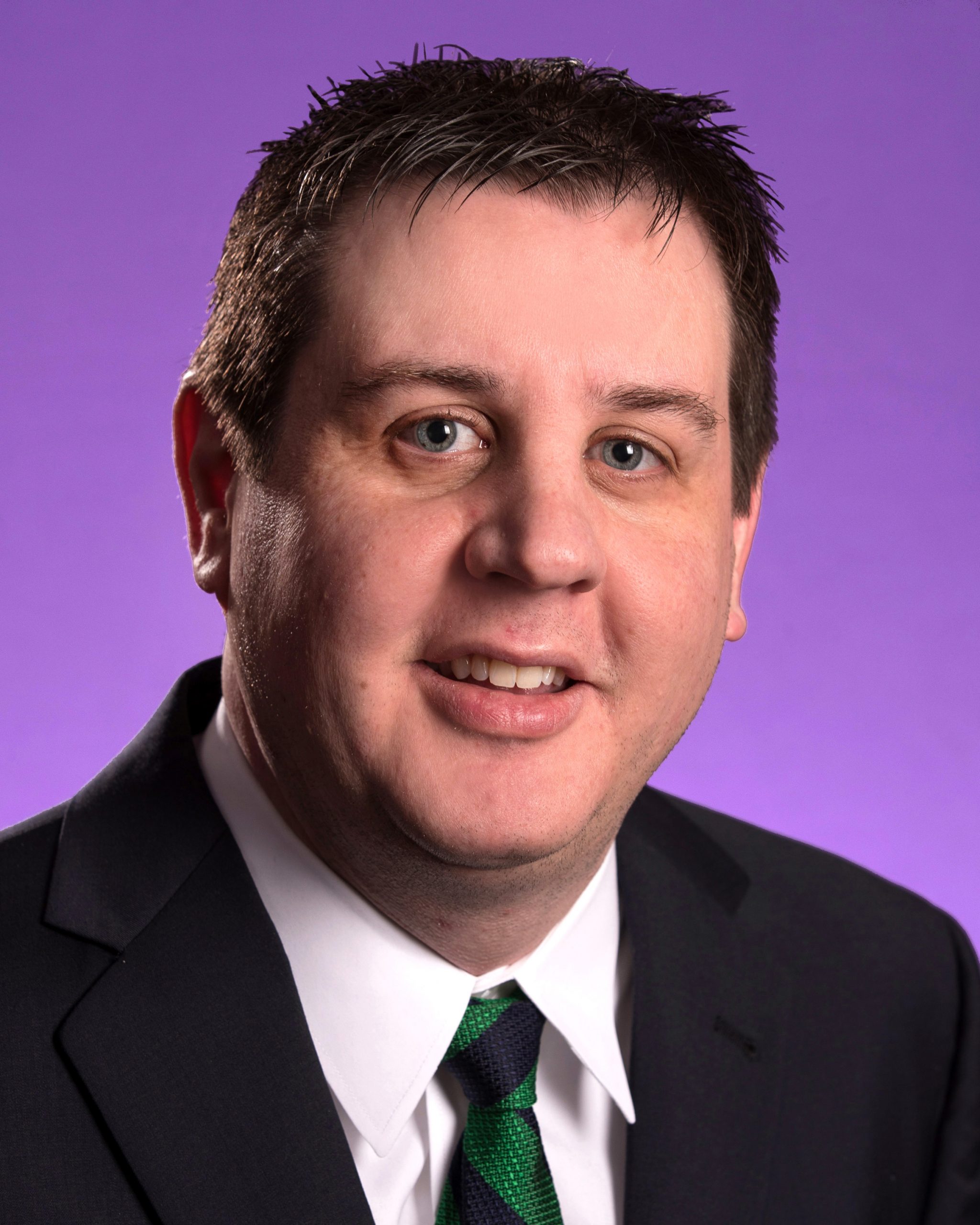An Appreciation From a Former Research Fellow
Editor’s note: Ryan J. Martin is the Professor in the Department of Health Education and Promotion in the College of Health and Human Performance at East Carolina University (starting his 16th year). He earned his doctorate in Health Education and Promotion at the University of Alabama (at Tuscaloosa) and subsequently served a 2-year appointment as the Thomas N. Cummings Research Fellow at the Division on Addiction and the Massachusetts Council on Compulsive Gambling. Ryan’s research interests include gambling behavior, other addictive behaviors, fantasy sport participation, and tobacco retailer identification in North Carolina. This op-ed is part of our Special Series in Honor of Dr. Howard Shaffer.
 As the Thomas N. Cummings Research Fellow, I had the privilege of being mentored by Howard Shaffer from 2008-2010. When I came to the Division on Addiction (DOA) at Cambridge Health Alliance, I was afforded the opportunity to work with Howard and several other researchers I had frequently cited in my dissertation work, including Drs. Richard LaBrie, Debi LaPlante, and Sarah Nelson. Although Howard was incredibly busy, he made sure he and I had a standing meeting each week, where we would often discuss life in academia, science/research, and ways to improve writing (example memorable quote from Howard about a manuscript: “Here is something fun – take out all the ‘in orders’ and see what happens”). I certainly appreciate those lessons and would likely not be a tenured professor today without them, but he would also make a point to discuss and explain meaningful life goals that a 30-year-old might not necessarily be cognizant of – for instance, the benefits of investing in a Roth IRA at a young age (which I did!).
As the Thomas N. Cummings Research Fellow, I had the privilege of being mentored by Howard Shaffer from 2008-2010. When I came to the Division on Addiction (DOA) at Cambridge Health Alliance, I was afforded the opportunity to work with Howard and several other researchers I had frequently cited in my dissertation work, including Drs. Richard LaBrie, Debi LaPlante, and Sarah Nelson. Although Howard was incredibly busy, he made sure he and I had a standing meeting each week, where we would often discuss life in academia, science/research, and ways to improve writing (example memorable quote from Howard about a manuscript: “Here is something fun – take out all the ‘in orders’ and see what happens”). I certainly appreciate those lessons and would likely not be a tenured professor today without them, but he would also make a point to discuss and explain meaningful life goals that a 30-year-old might not necessarily be cognizant of – for instance, the benefits of investing in a Roth IRA at a young age (which I did!).
While I was only at the DOA for two years, I was able to work with Howard on two important writing projects: a review paper published in the Annual Review of Clinical Psychology, and the book, Change Your Gambling, Change Your Life (co-authored with John Kleschinsky and Liz Neporent).
As we worked on Change Your Gambling, Change Your Life, Howard helped me understand the importance of realizing the potential co-morbidity with those experiencing gambling-related issues – essentially, a substantial number of individuals who experience gambling issues also experience other issues related to mental health or substances. Consequently, treatment (in the case of our book, self-help treatment) might require addressing multiple issues simultaneously. Working with Howard on this book also helped me better recognize how Motivational Interviewing and Cognitive Behavioral Therapy are potential treatment options for some individuals experiencing gambling issues, and how to apply those techniques in a self-help setting.
Collaborating with Howard on our review paper (“Disordered gambling: Etiology, trajectory, and clinical considerations”) helped me better understand the Syndrome Model of Addiction, which suggests that both substance-related and behavioral-related addictions often have the same underlying predisposing factors and risk factors, along with similar consequences. I was also able to gain a better comprehension of the epidemiology of gambling disorder, including the historical estimates/trends of the prevalence of individuals experiencing gambling-related issues, and how those rates initially increase when novel gambling opportunities are introduced but usually revert over time.
A trait I have learned and try to emulate from Howard is relying on data instead of anecdotal evidence, while also being critical of data and considering potential biases in the collection, study sample, and analyses. Lastly, in my DOA role as the editor of The BASIS and The WAGER, I learned from Howard the value of receiving edits and feedback from others. In drafting these reports, we would often go through dozens of rounds of feedback from the various DOA faculty, and, while sometimes tiring, it was ultimately a beneficial process for the author and the report.
In conclusion, thank you, Howard – you are a good man, a generous mentor, and a legendary researcher. I appreciate you taking the time to impart your knowledge with me.
– Ryan Martin, PhD